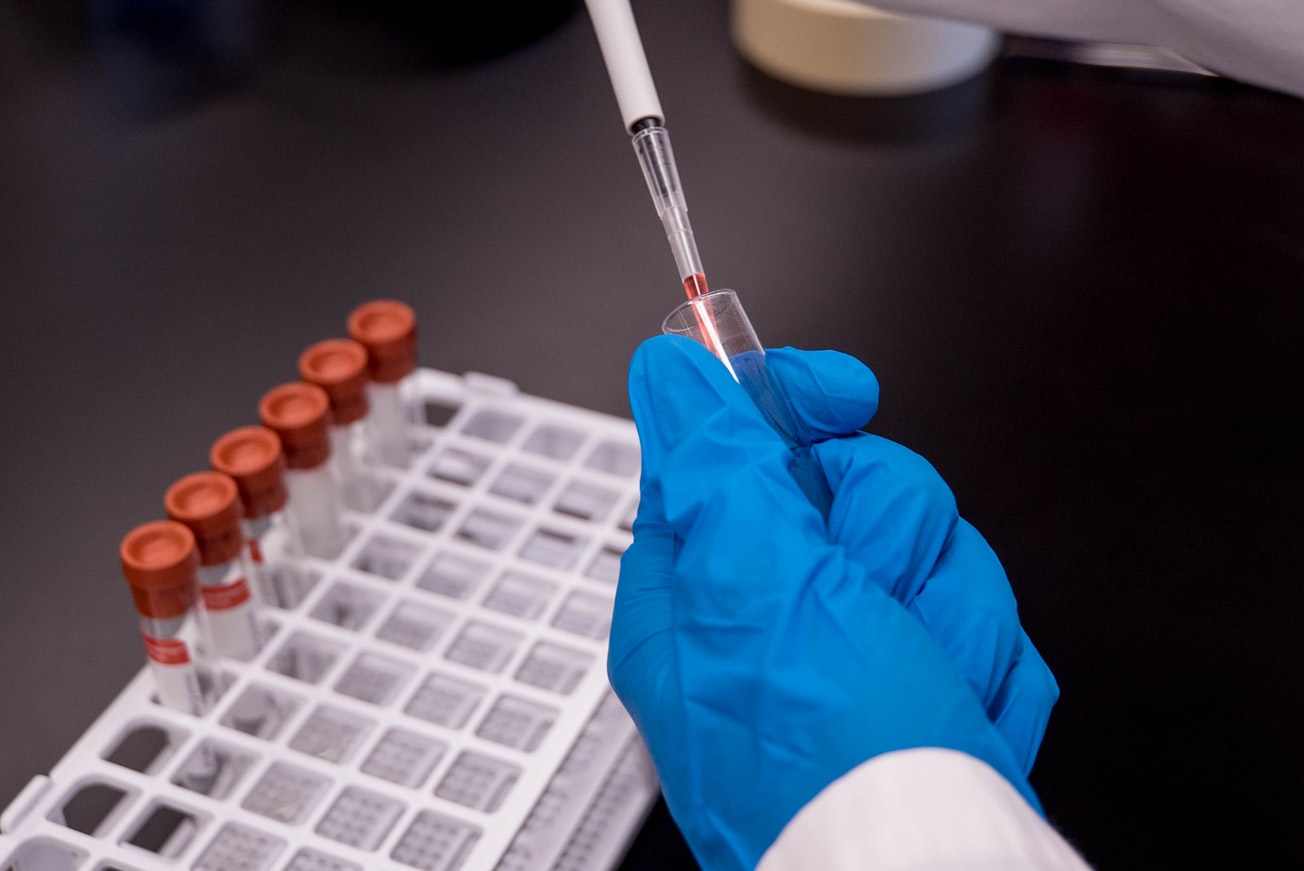What is it about?
The Middle East respiratory syndrome coronavirus (MERS-CoV) is a recently emerging virus that infects humans and camels. The mortality rate is around 35%, making this virus a very serious threat especially in case of outbreaks. Here, we developed four vaccine candidates against MERS-CoV based on either two adenovirus or two poxvirus vectors. One of the adenoviral vector (a.k.a. ChAdOx1) with a genetically modified DNA showed stronger immune responses as compared to the rest of the three vaccine candidates. In addition, giving this vaccine candidate as a single injection induced higher immune responses than given two injections of the poxvirus vectored vaccine candidates.
Featured Image

Photo by Trust "Tru" Katsande on Unsplash
Why is it important?
Viral vectors are strong inducer of immunity in mammalians (including mice), therefore, this work establishes the utility and the importance of finding the best viral vectored vaccine candidate for MERS-CoV. This vaccine candidate has therefore been moved to testing in camels as a vet vaccine and in humans as human vaccine for MERS-CoV.
Perspectives
This work focused on one of the most immunogenic vaccine platform, which is viral vectors including adenovirus and poxvirus vectors. This work utilised these delivery vectors and established their utility in developing a potent MERS vaccines for use in camels and in humans.
Dr. Naif Khalaf Alharbi
King Abdullah International Medical Research Center
Read the Original
This page is a summary of: ChAdOx1 and MVA based vaccine candidates against MERS-CoV elicit neutralising antibodies and cellular immune responses in mice, Vaccine, June 2017, Elsevier,
DOI: 10.1016/j.vaccine.2017.05.032.
You can read the full text:
Resources
Contributors
The following have contributed to this page







